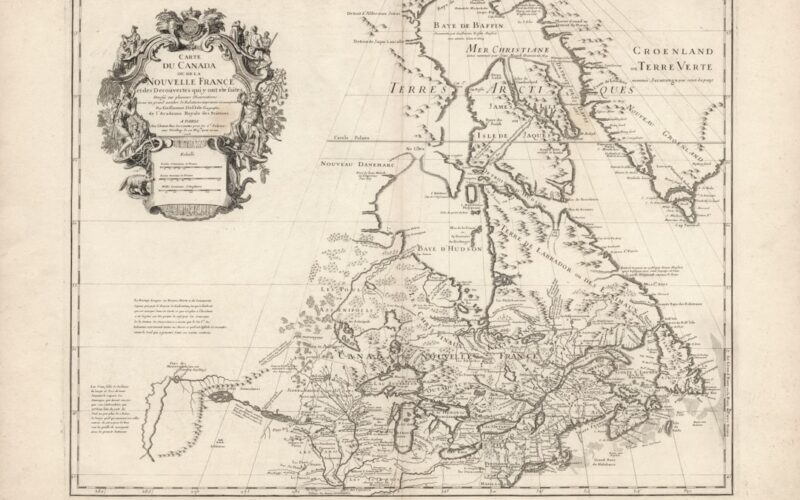A major diplomatic row has erupted after interim Chief Adviser of Bangladesh, Muhammad Yunus, gifted a book to Pakistan’s top military officer featuring a map that portrays India’s northeastern states—as far-reaching as Assam—within Bangladesh’s borders. The controversial presentation was made on October 26, when General Sahir Shamshad Mirza, Chairman of Pakistan’s Joint Chiefs of Staff Committee, paid a courtesy call in Dhaka, marking the latest strain in regional relations that are already on shaky ground.
Yunus, who has repeatedly flirted with controversy, handed Mirza a copy of “Art of Triumph: Bangladesh’s New Dawn.” The book’s cover caused immediate online uproar after images surfaced on Yunus’ official X (formerly Twitter) account. It clearly displays a distorted map—one that echoes calls from radical Islamist groups pushing the “Greater Bangladesh” idea—claiming India’s seven northeastern states as Bangladeshi territory.
Tensions Escalate with India
The gift sent shockwaves through diplomatic circles, reopening old wounds between Bangladesh and India regarding their sensitive and complex shared border. India and Bangladesh spent years resolving territorial disputes—culminating in the landmark 2015 Land Boundary Agreement (LBA), which settled longstanding issues and normalized border relations. Now, analysts and social media users alike accuse Yunus of undermining decades of painstaking diplomacy and threatening regional stability.
India’s government has yet to make an official comment. However, in a marked reaction, New Delhi has already cancelled a transshipment deal with Dhaka and reaffirmed the strategic importance of its northeastern region. Many see Yunus’s move as reflecting Bangladesh’s new tilt towards Pakistan and China since the Hasina government’s ouster in 2024—tensions that have only deepened as his regime courts both countries and alienates India.
Repeated Provocations and Regional Fallout
This isn’t the first time Yunus has courted controversy involving India’s northeast. In April 2025, a similar map sparked a row at Dhaka University, and during a trip to China, Yunus claimed Bangladesh was “the only guardian of the ocean” for the region, hinting provocatively at the status of India’s eastern states.
The latest incident unfolds against a backdrop of rising nationalist and radical rhetoric within Bangladesh’s military. Observers warn that Yunus’s repeated nods to irredentist ideas aren’t just symbolic—they risk inflaming long-settled territorial sensitivities and driving further rifts, both within the Bangladeshi army and across the subcontinent. With silence from India’s Ministry of External Affairs and growing anger online, the map gift controversy seems set to dominate the headlines—and diplomatic agendas—in the weeks to come.










